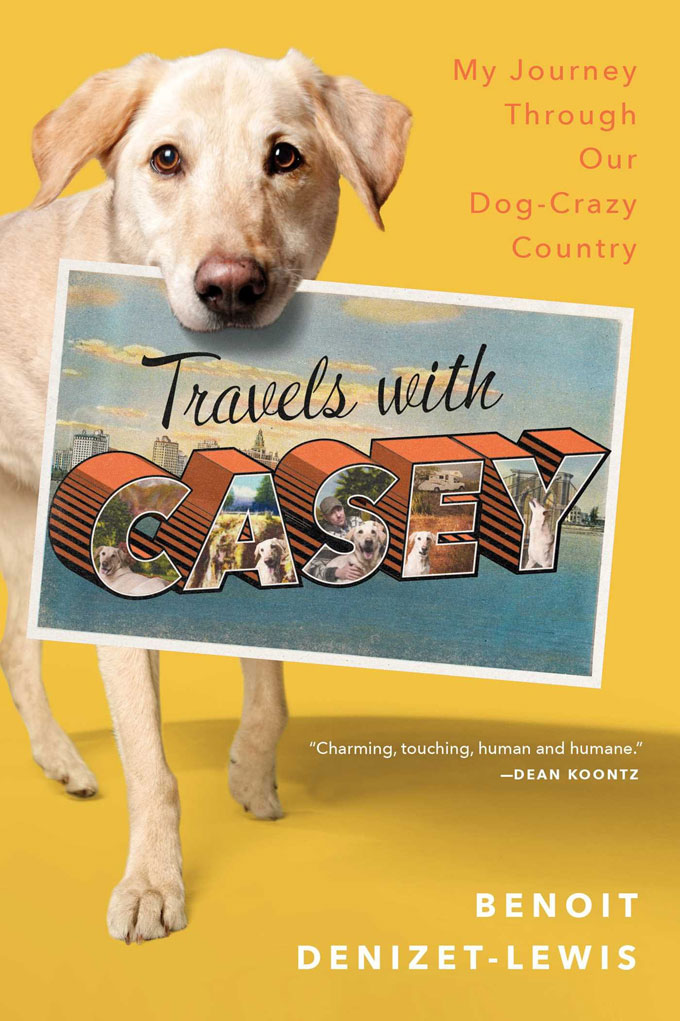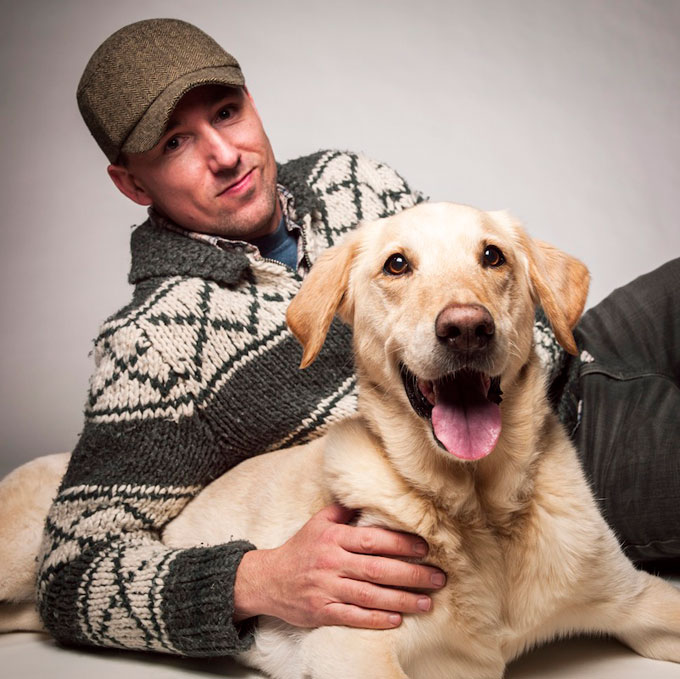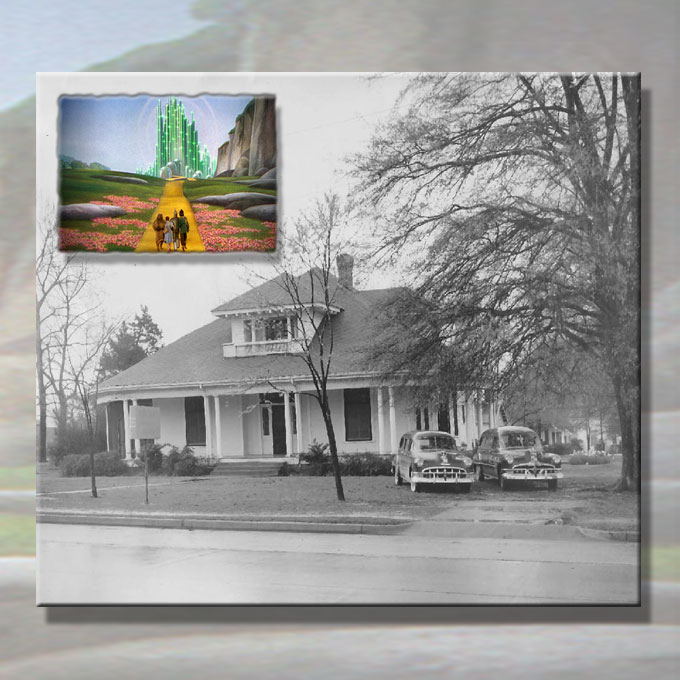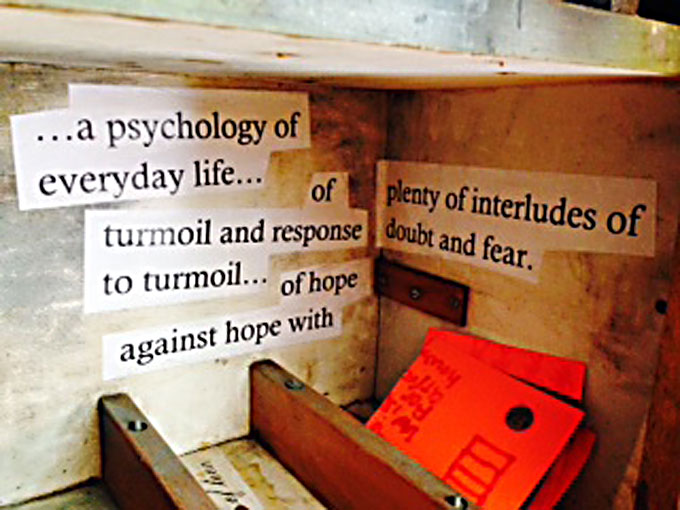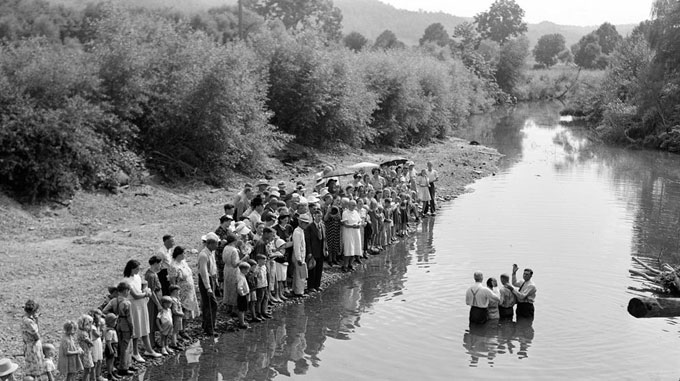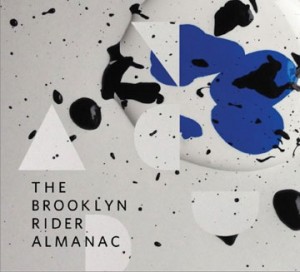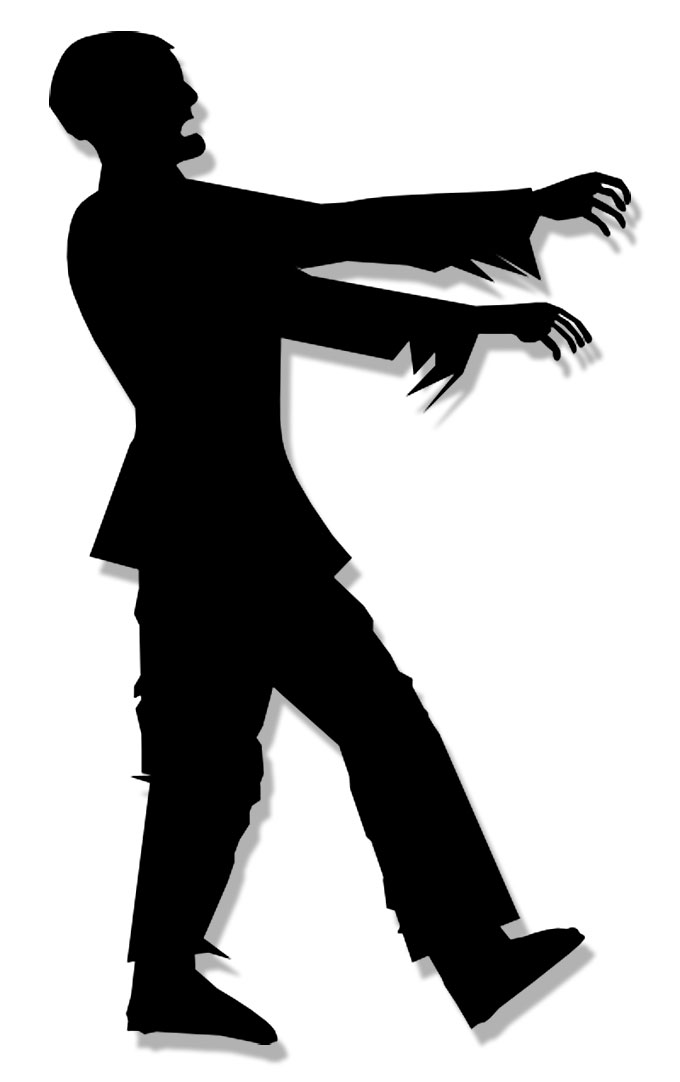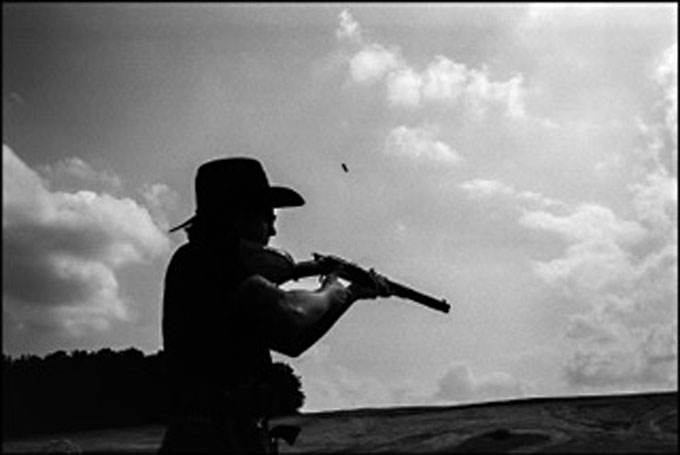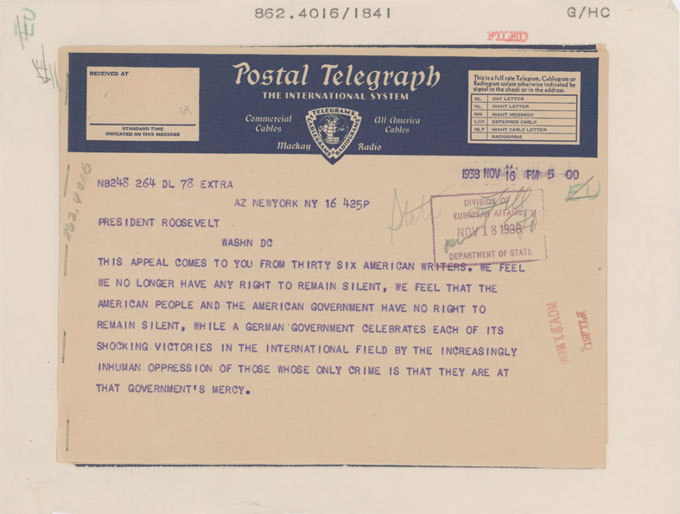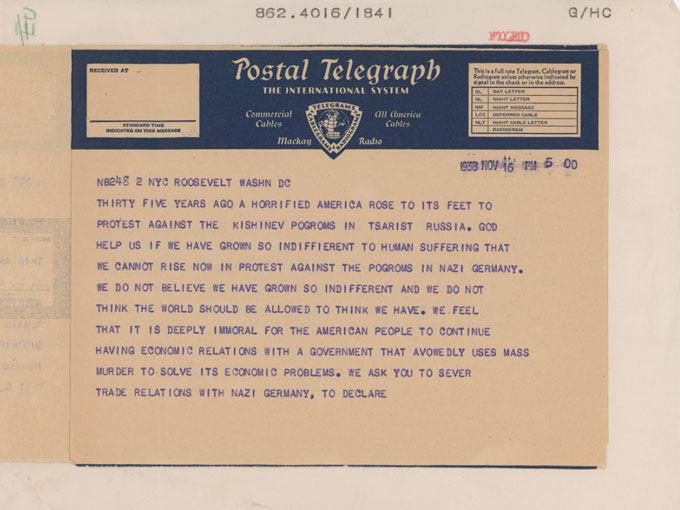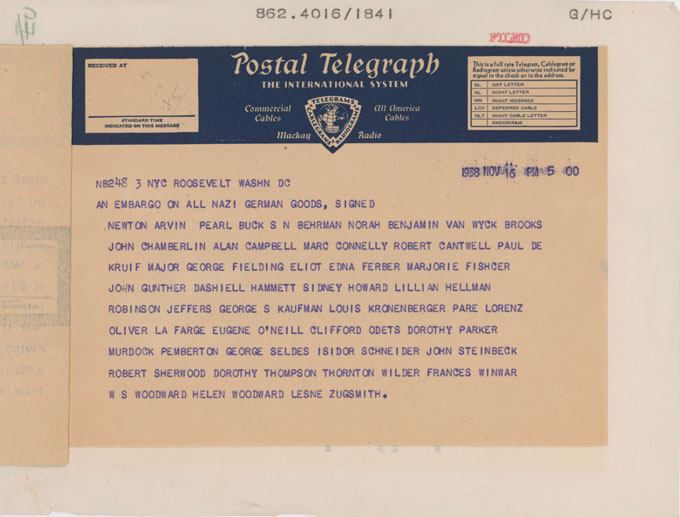John Steinbeck’s Travels with Charley in Search of America inspired a recent book by a dog lover named Benoit Denizet-Lewis, a 39-year-old author from San Francisco who has been writing for the New York Times Magazine since he was 26. Travels with Casey, My Journey through Our Dog-Crazy Country is a whimsical account of connecting with contemporary America—half a century after John Steinbeck hit the road with Charley—accompanied by the book’s titular canine and by Rezzy, an abandoned puppy found along the way. The story is a dog lover’s delight, long on love but short on the uneven edges that lovers of literalism continue to expose in Travels with Charley.
Writing for Dog Lovers, Not John Steinbeck Fans or Critics
Other writers have repeated the route taken by John Steinbeck in Travels with Charley, none with greater attention to fiction-versus-fact than Bill Steigerwald, whose Dogging Steinbeck: Discovering America and Exposing the Truth about ‘Travels with Charley’ caused consternation among Steinbeck fans for pointing out fibs and fudges in Steinbeck’s record of the 1961 journey he took with the handsome poodle belonging to his wife. Steinbeck set out to rediscover an America he felt he no longer understood, and bringing along Charley was an inspired afterthought. After discovering that Elaine Steinbeck also accompanied her husband much of the way—and that certain encounters reported by Steinbeck were embroidered or created from whole cloth—Steigerwald concluded that Travels with Charley was essentially a work of fiction and should be reclassified as such as in the Steinbeck canon. Academic apologists pushed back, but the dust-up didn’t seem to matter to the dog lovers in the Steinbeck crowd. Charley, who required emergency veterinary care while on the road, remains a hero to them, and Steinbeck is forgiven being a better novelist than journalist.
John Steinbeck set out to rediscover an America he felt he’d lost touch with, and bringing along Charley was an inspired afterthought.
Unlike Steigerwald, Denizet-Lewis isn’t interested in debunking myths, exposing errors, or judging merits. Motivated by behavior problems with his un-Charley-like male labrador, he decided to take a dog owner’s drive across an America that would, today, seem more alien to John Steinbeck than ever. When Denizet-Lewis began discussing plans with friends, Steinbeck’s name kept coming up in conversation and the Charley tie-in was added, like Charley himself when Steinbeck made travel plans more than 50 years ago. Less ambitious in purpose than Steinbeck’s project of moral discovery, the account of the journey Denizet-Lewis shared with Casey records the pains and pleasures of canine rather than human companionship. Steinbeck noted that no two journeys are ever alike (“a trip takes us,” not the other way around). Of our canine companions, observes Denizet-Lewis, “They own us, we don’t own them.”
Searches for America’s Soul Since Travels with Charley
Writers who have ridden the roads and rails to record the features of America’s changing identity since John Steinbeck’s odyssey with Charley include Joel Garreau (The Nine Nations of North America, 1981), William Least Heat-Moon (Blue Highways: A Journey Into America, 1982), Gregory Zeigler (Travels with Max: In Search of Steinbeck’s America Fifty Years Later, 2010), Steinbeck and Denizet-Lewis’s fellow Californian Bill Barich (Long Way Home, On the Trail of Steinbeck’s America, 2010), and On the Road with Charles Kuralt (1995). Kuralt, the amiable TV journalist with a Sunday-morning perspective on America, expressed a self-evident truth about the sub-genre: “Even the best of them never got it all into one book, because the country is too rich and full of contradictions.”
Charles Kuralt, the amiable TV journalist with a Sunday-morning perspective on America, expressed a self-evident truth about the sub-genre: ‘Even the best of them never got it all into one book, because the country is too rich and full of contradictions.’
Like Denizet-Lewis, however, Steinbeck was a bleeding-heart dog lover, and canine characters people his most popular fiction. Examples? Pirate’s faithful entourage in Tortilla Flat, the bunkhouse mutt killed for the sin of getting old in Of Mice and Men, and the Joads’ family dog, the first member to die on the journey west in The Grapes of Wrath. Travels with Charley isn’t as sad as The Grapes of Wrath (Charley survives surgery), and Travels with Casey says less about Steinbeck than Dogging Steinbeck, though Denizet-Lewis, a Steinbeck fan, acknowledges Steigerwald’s book. But Denizet-Lewis’s focus is animal rights, not arguments about authors. Since dog lovers comprise a bigger audience than Steinbeck readers, that strategy (as Steinbeck might say) seems wise.
Ryder W. Miller inspired this review and provided the list of books written “in search of America” since John Steinbeck’s Travels with Charley.
